The Range Rover Electric will have a bigger battery than most other EVs
We just learnt some fresh details about the all-electric Range Rover
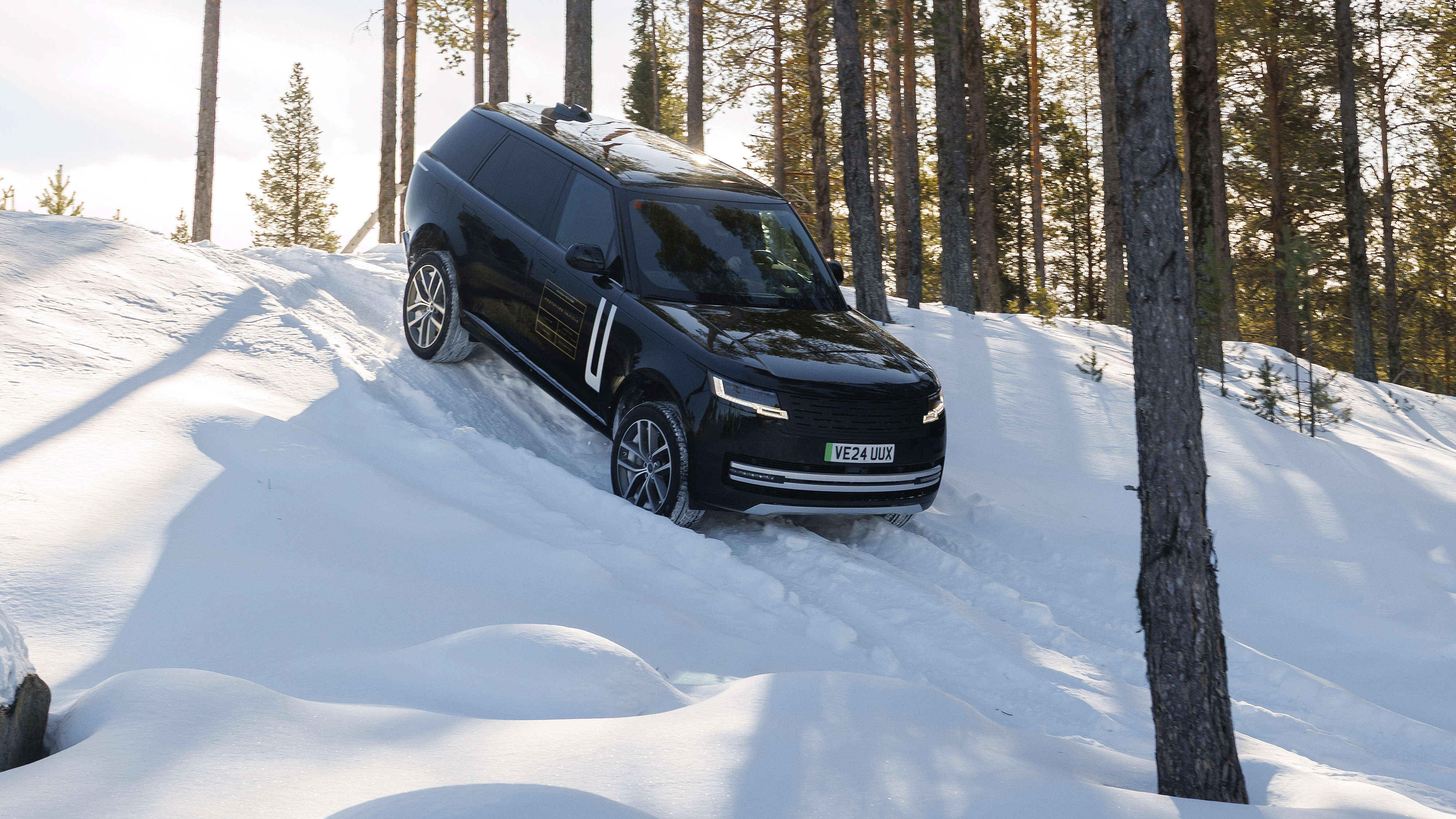

QUICK SUMMARY
JLR has revealed fresh details about the upcoming Range Rover Electric. It has a 117 kWh battery and an 800-volt electrical architecture, which should mean a long range a fast charging.
The car is due on sale later this year, and is expected to cost in the region of £170,000, but that is yet to be confirmed but JLR.
It feels like a long time since JLR first spoke about the first all-electric Range Rover. And, while the big launch isn’t happening just yet, we now know more crucial details about the luxury SUV.
Firstly, the battery. JLR has confirmed the Range Rover Electric will use a massive 117 kWh battery pack. That’s bigger than anything fitted to rivals like the BMW iX, bigger than the battery of the Rolls-Royce Spectre, and bigger than anything Tesla uses, US-only Cybertruck notwithstanding.
Designed and assembled in-house, the Range Rover’s battery comprises 344 prismatic cells and is hooked up to an 800-volt electrical system. This is a key detail, since even in 2025 electric cars running at 800v are still relatively rare. The extra voltage means faster charge speeds compared to the more common 400 volts, and is fitting for an ultra-lux car like the full-size Range Rover.
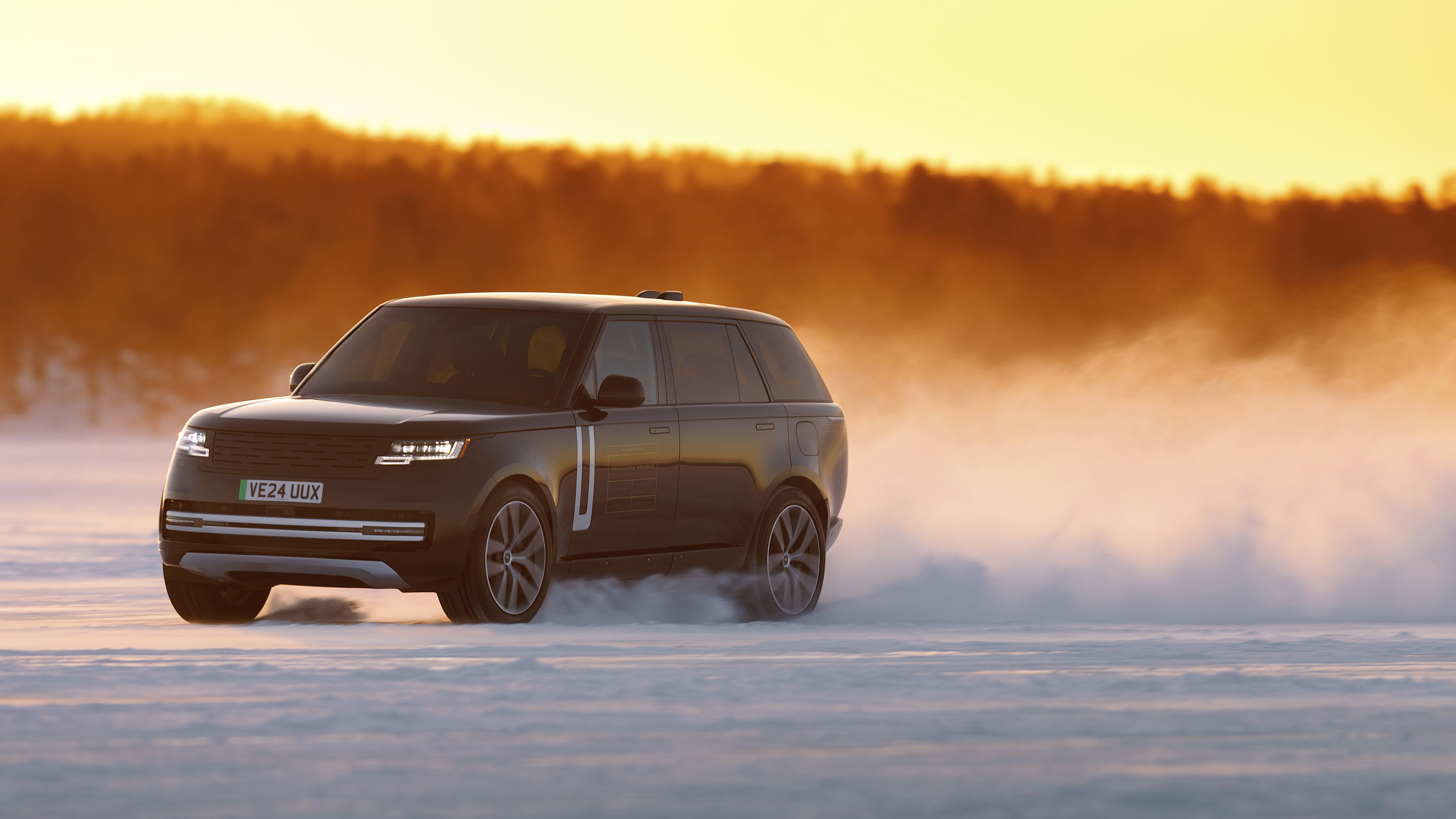
JLR hasn’t revealed the expected range just yet, but with such a large battery pack a real-world 300 miles could be possible. The maximum charge rate isn’t known yet either, but that 800-volt architecture should mean 300 kW or more is possible, rivaling other rapid-charging EVs like the Porsche Taycan.
After a hot-weather test in Dubai in 2024, the Range Rover Electric spent the winter undergoing 45,000 miles of cold-weather testing in Arjeplog, the small town in northern Sweden where much of the automotive industry refines their traction and stability control systems on massive frozen lakes. Being an off-roader, the Range Rover Electric’s ability to clamber up a snowy hillside was also put to the test.
On that note, JLR says how the car’s Integrated Traction Management system can adjust motor speed within 50 milliseconds, and manage wheel slip up to 100 times quicker than that of the petrol- or diesel-powered Range Rover.
JLR says it has worked to ensure the Range Rover Electric delivers “optimised driving range” in very cold temperature, where traditionally EVs can struggle to match their advertised range. Cold weather testing should also have helped JLR create a charge system that still works quickly in sub-zero conditions.
Sign up to the T3 newsletter for smarter living straight to your inbox
Get all the latest news, reviews, deals and buying guides on gorgeous tech, home and active products from the T3 experts
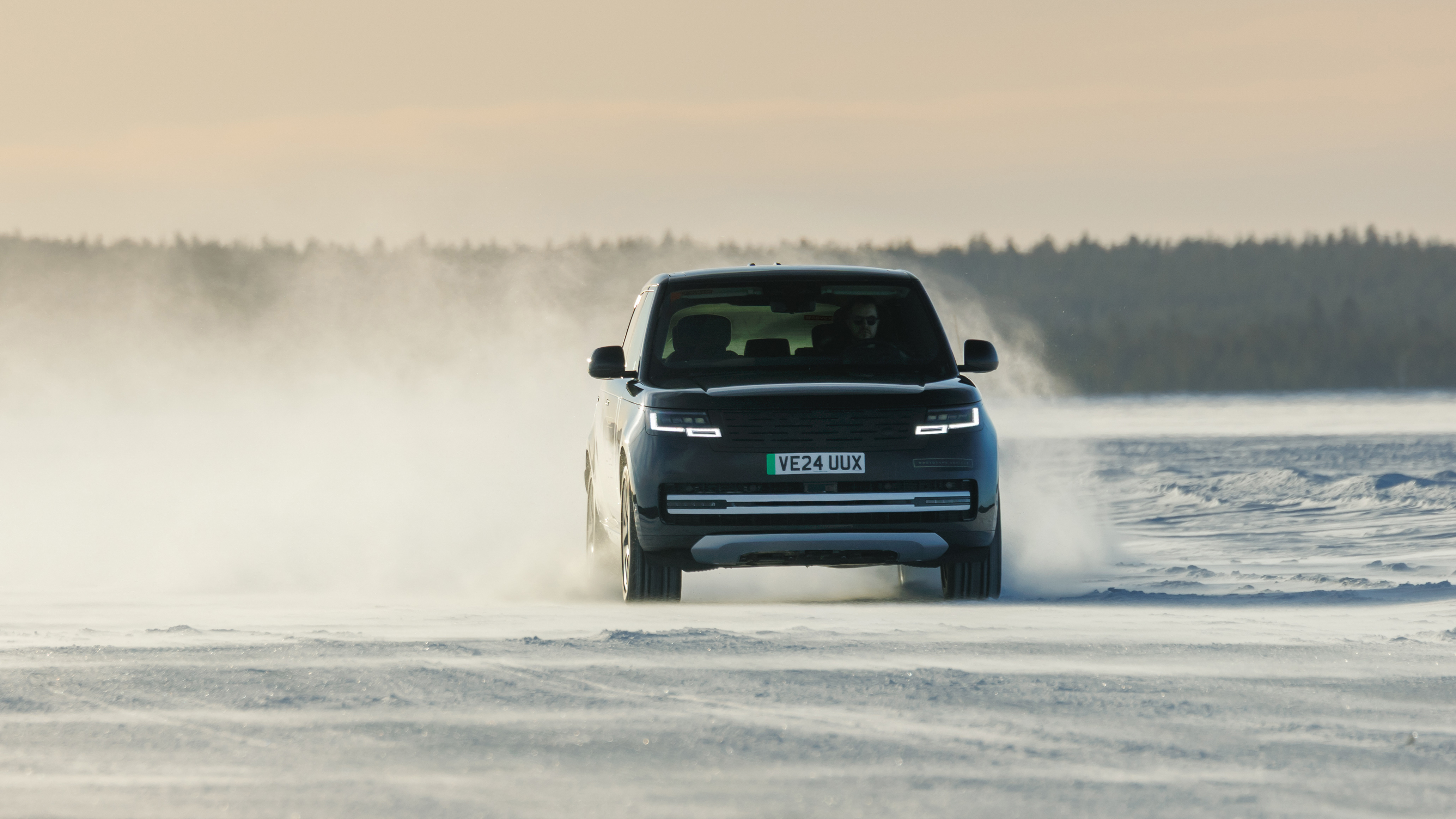
Thomas Müller, executive director or product engineering at JLR, said: “Rigorous testing procedures in extreme and unpredictable conditions like those experienced in Arjeplog are crucial to Range Rover Electric’s real-world reliability and resilience. Our second winter season in the Arctic Circle has provided the perfect opportunity for us to put our new ThermAssist technology to the test…It will help to ensure Range Rover Electric’s range remains intelligently optimised while also ensuring charging speeds are maintained when a top-up is required.”
Although a launch date hasn’t been announced, the car will be fully revealed (and a price disclosed) later this year.
Alistair is a freelance automotive and technology journalist. He has bylines on esteemed sites such as the BBC, Forbes, TechRadar, and of best of all, T3, where he covers topics ranging from classic cars and men's lifestyle, to smart home technology, phones, electric cars, autonomy, Swiss watches, and much more besides. He is an experienced journalist, writing news, features, interviews and product reviews. If that didn't make him busy enough, he is also the co-host of the AutoChat podcast.
You must confirm your public display name before commenting
Please logout and then login again, you will then be prompted to enter your display name.
-
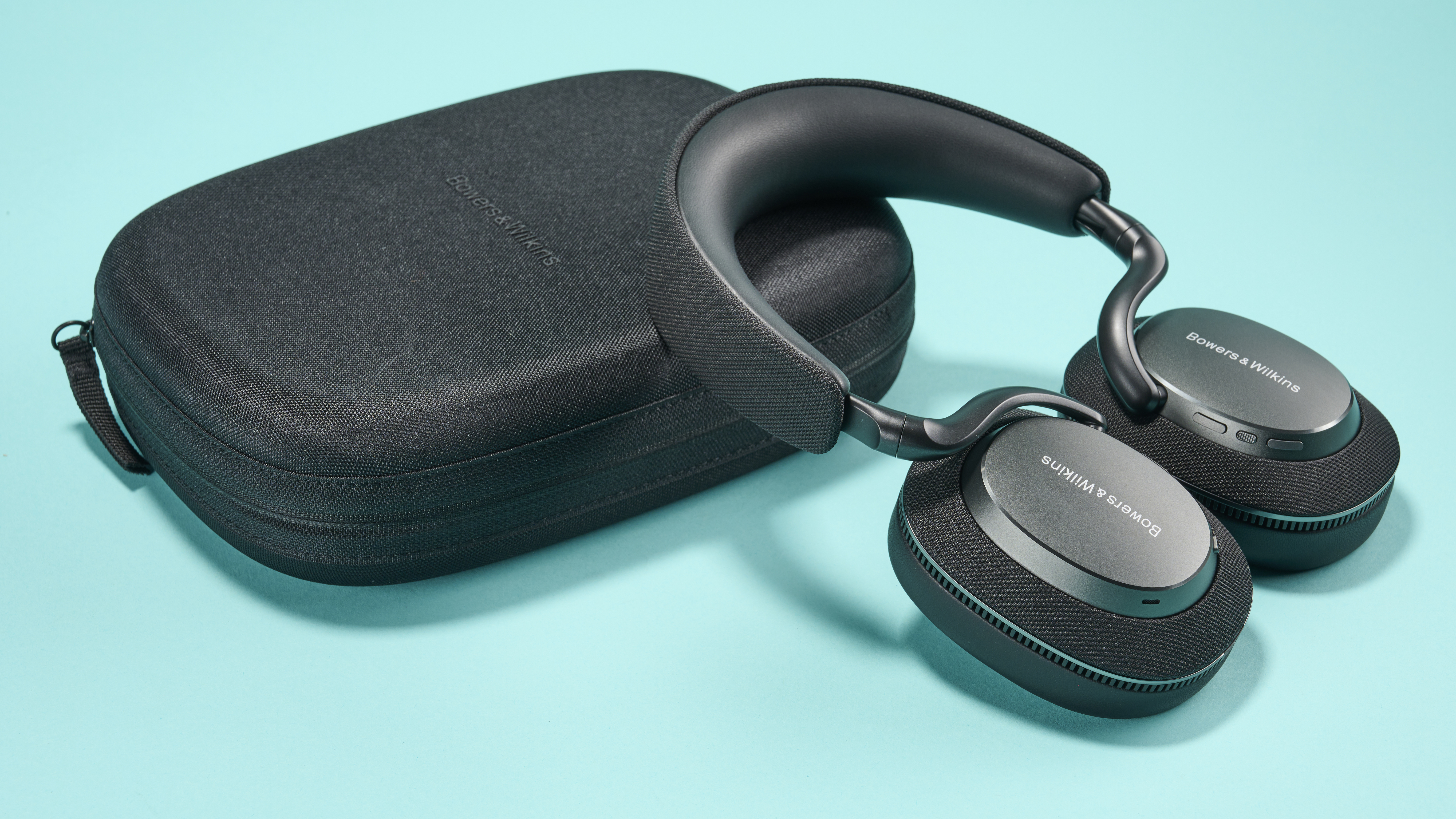 I've tested Bowers & Wilkins' new Px7 S3 for weeks and am obsessed
I've tested Bowers & Wilkins' new Px7 S3 for weeks and am obsessedBowers & Wilkins' best-ever noise-cancelling sees the Px7 S3 headphones soar to new heights – and offer wider appeal
By Mike Lowe
-
 5 luxury camping gadgets you never knew you needed
5 luxury camping gadgets you never knew you neededUpgrade your camping set-up with these little little luxuries
By Bryony Firth-Bernard
-
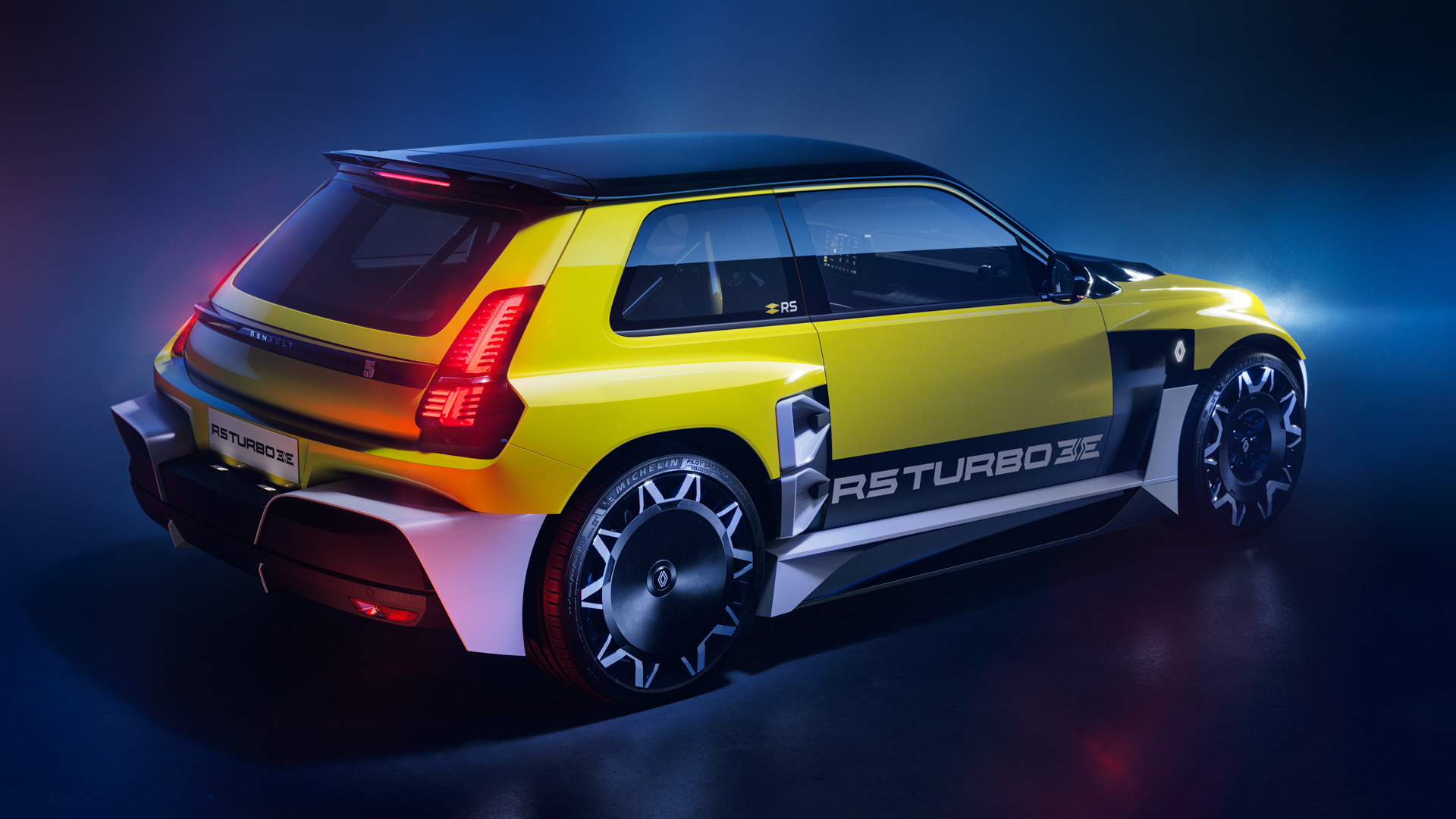 This new Renault EV costs more than a Porsche 911, and I still want one
This new Renault EV costs more than a Porsche 911, and I still want oneThe mad Renault 5 Turbo 3E now has a price, and you’ll need deep pockets
By Alistair Charlton
-
 Hyundai goes after Renault 5 Turbo with wild Insteroid concept
Hyundai goes after Renault 5 Turbo with wild Insteroid conceptElectric cars are boring? Not on Hyundai’s watch, they aren’t
By Alistair Charlton
-
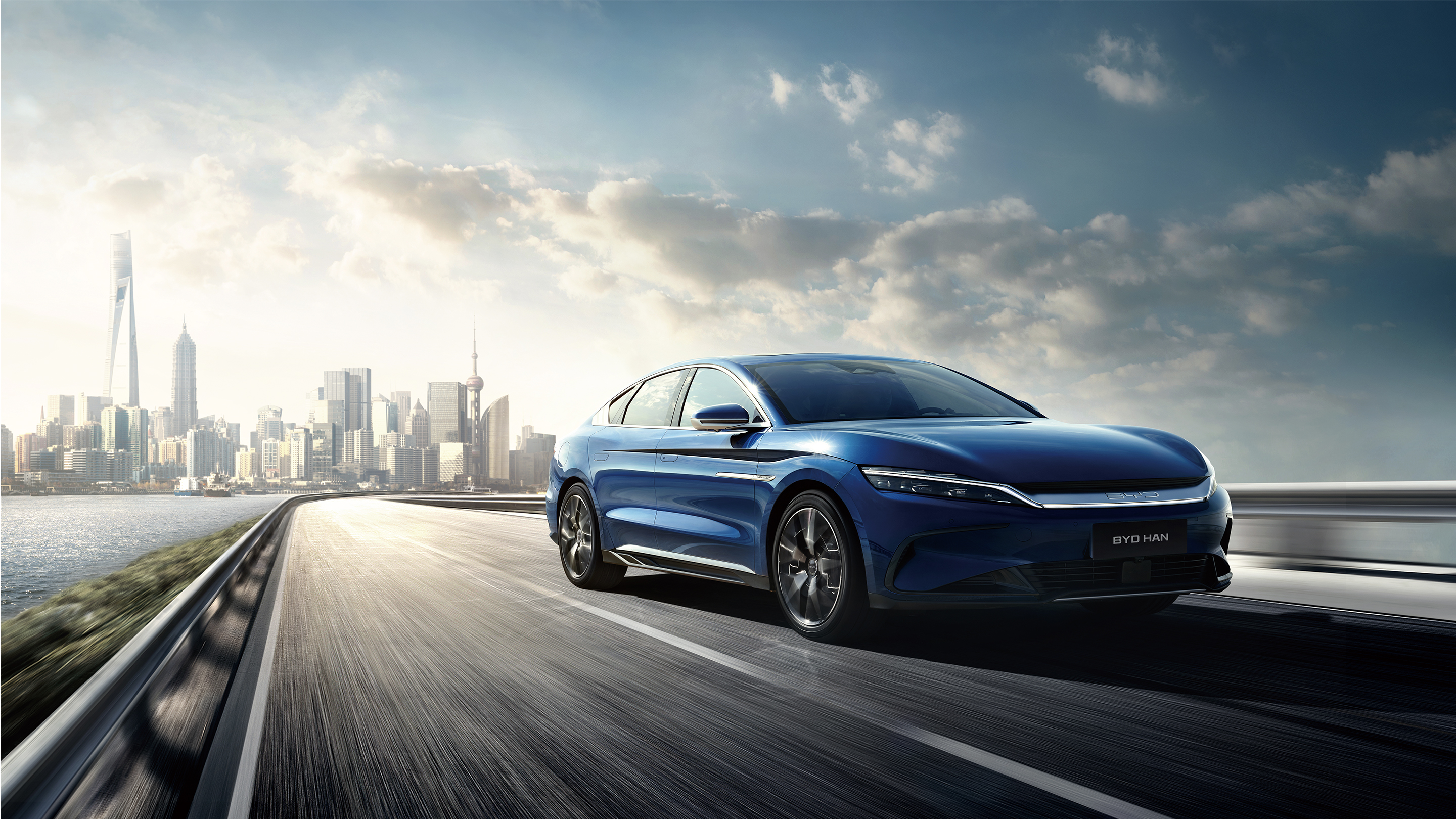 This new EV charger can charge as quickly as filling with petrol at the pump
This new EV charger can charge as quickly as filling with petrol at the pumpBYD's super e-Platform EV charger promises 1,000 kW charging at 1,000 volts
By Alistair Charlton
-
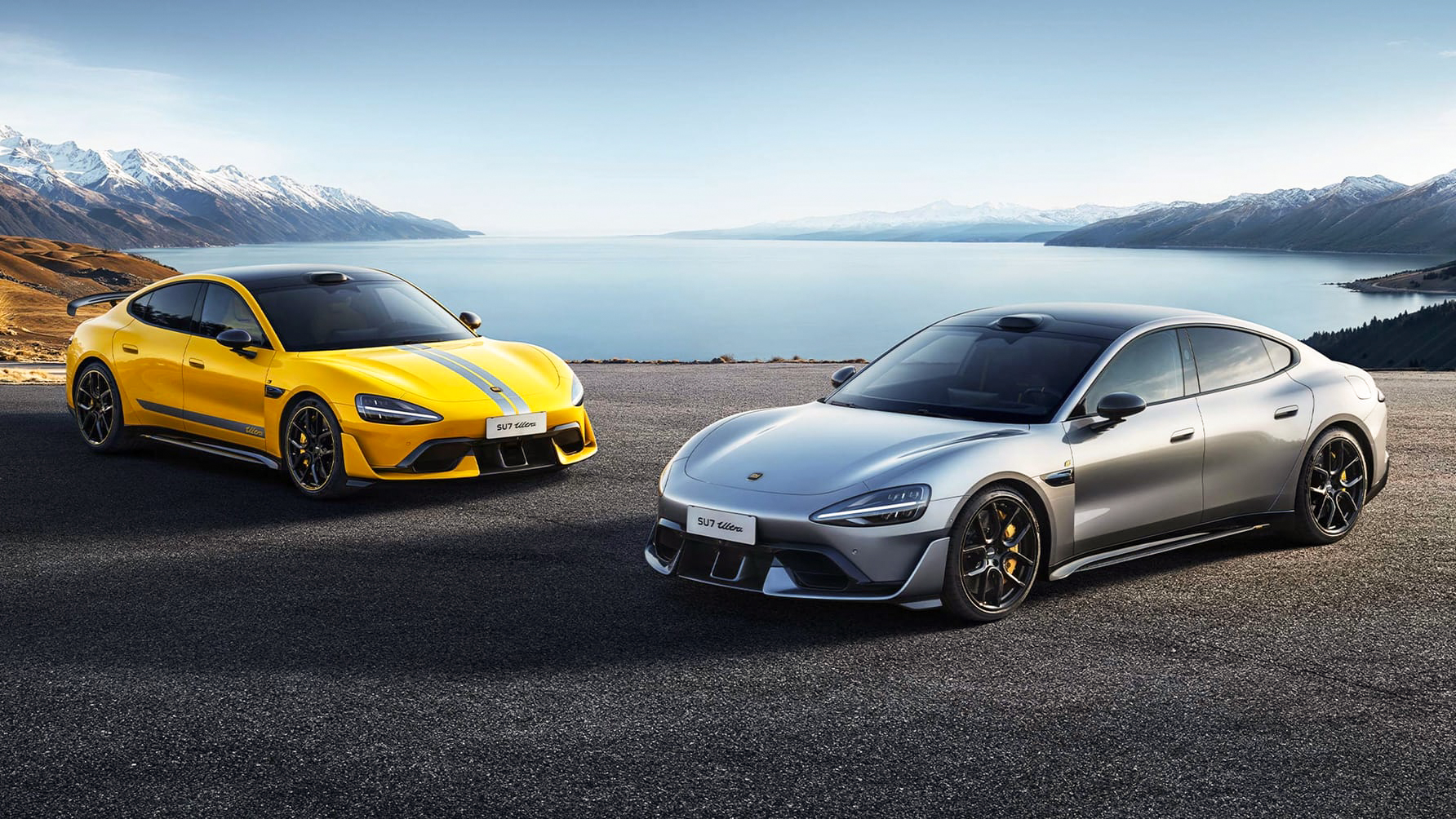 Xiaomi just revealed one of the most interesting EVs of the year
Xiaomi just revealed one of the most interesting EVs of the yearThe Xiaomi SU7 Ultra is a Chinese EV ready to take on Porsche and Tesla
By Alistair Charlton
-
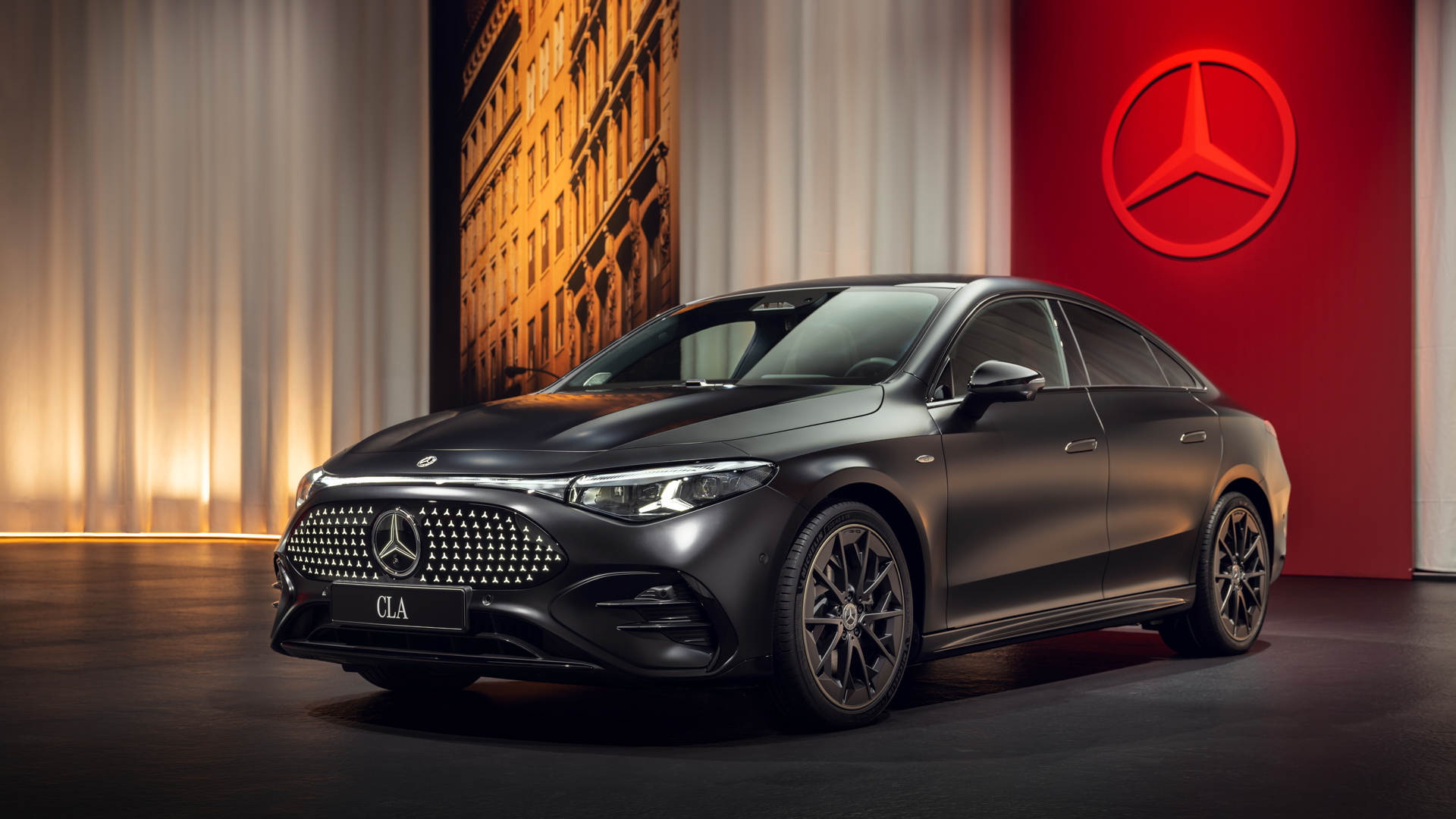 The all-new Mercedes-Benz CLA has AI so smart it wants to be your friend
The all-new Mercedes-Benz CLA has AI so smart it wants to be your friendMercedes’ second generation of electric cars has landed and it's a technology tour de force
By Alistair Charlton
-
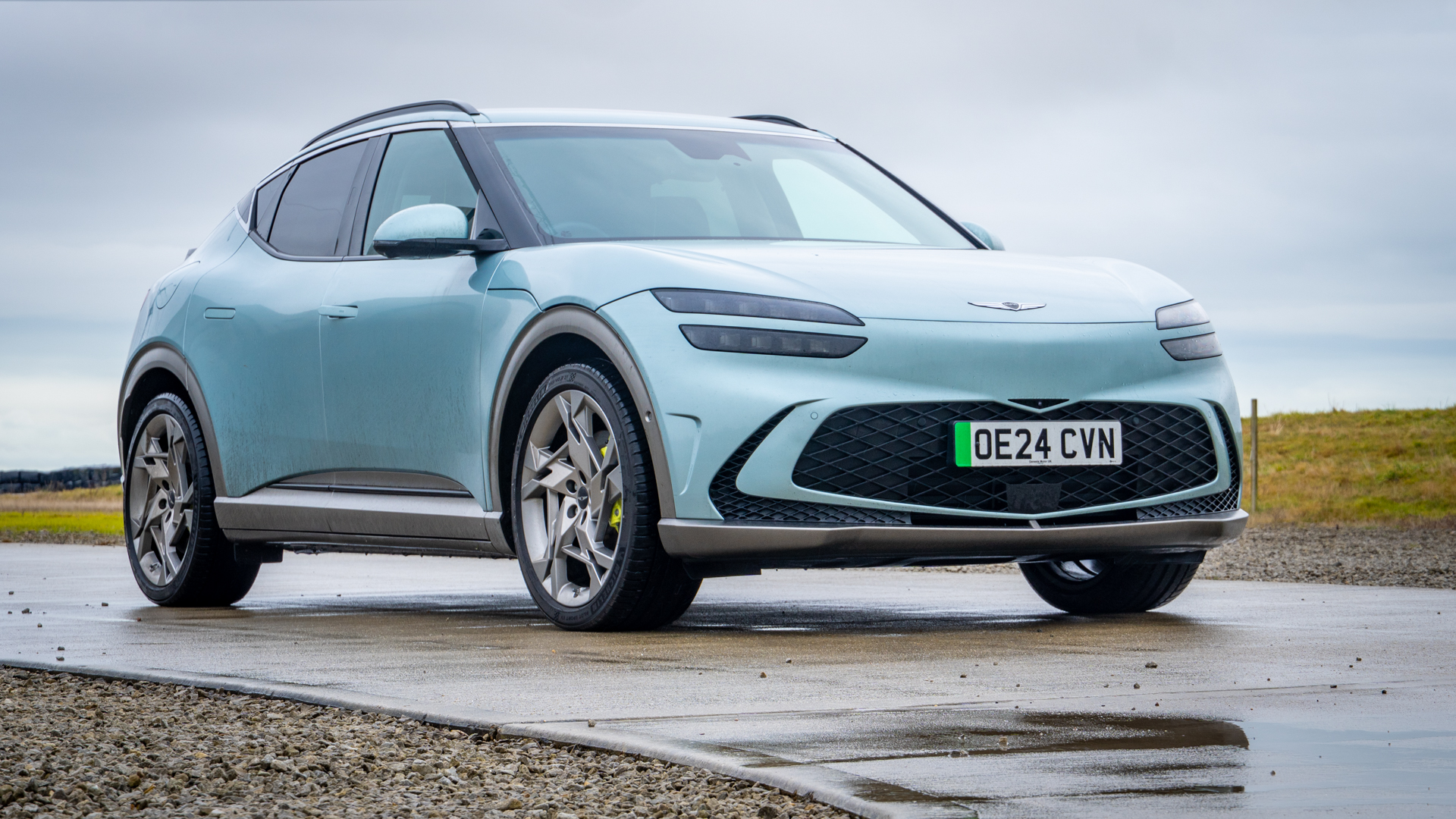 12 things I learnt driving this electric car for six months
12 things I learnt driving this electric car for six monthsHere’s what happened during six months and 4,000 miles with a Genesis GV60
By Alistair Charlton
-
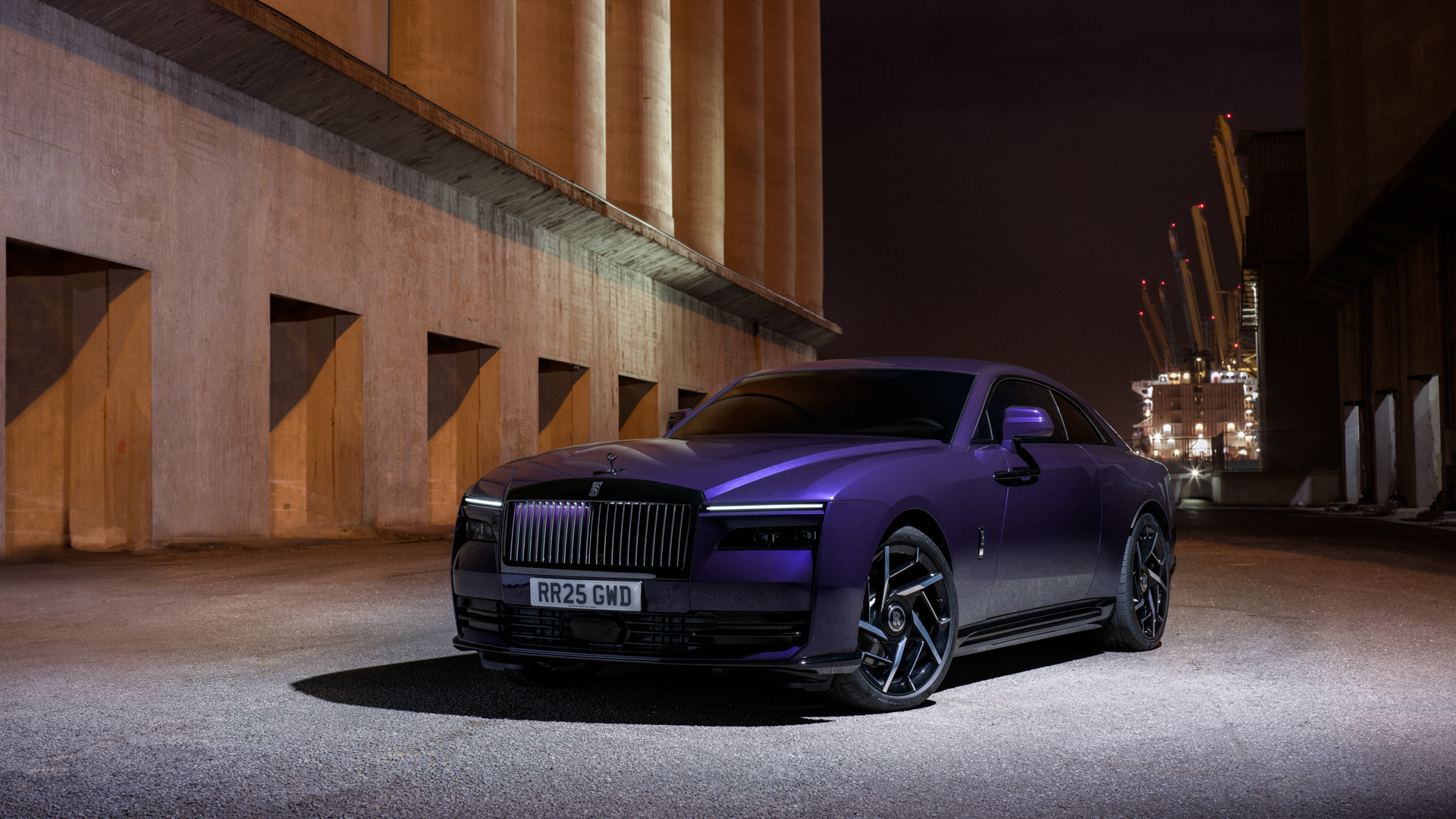 Rolls-Royce gives the electric Spectre a high-performance upgrade
Rolls-Royce gives the electric Spectre a high-performance upgradeThe new Black Badge Spectre is the most powerful Rolls-Royce ever
By Alistair Charlton
-
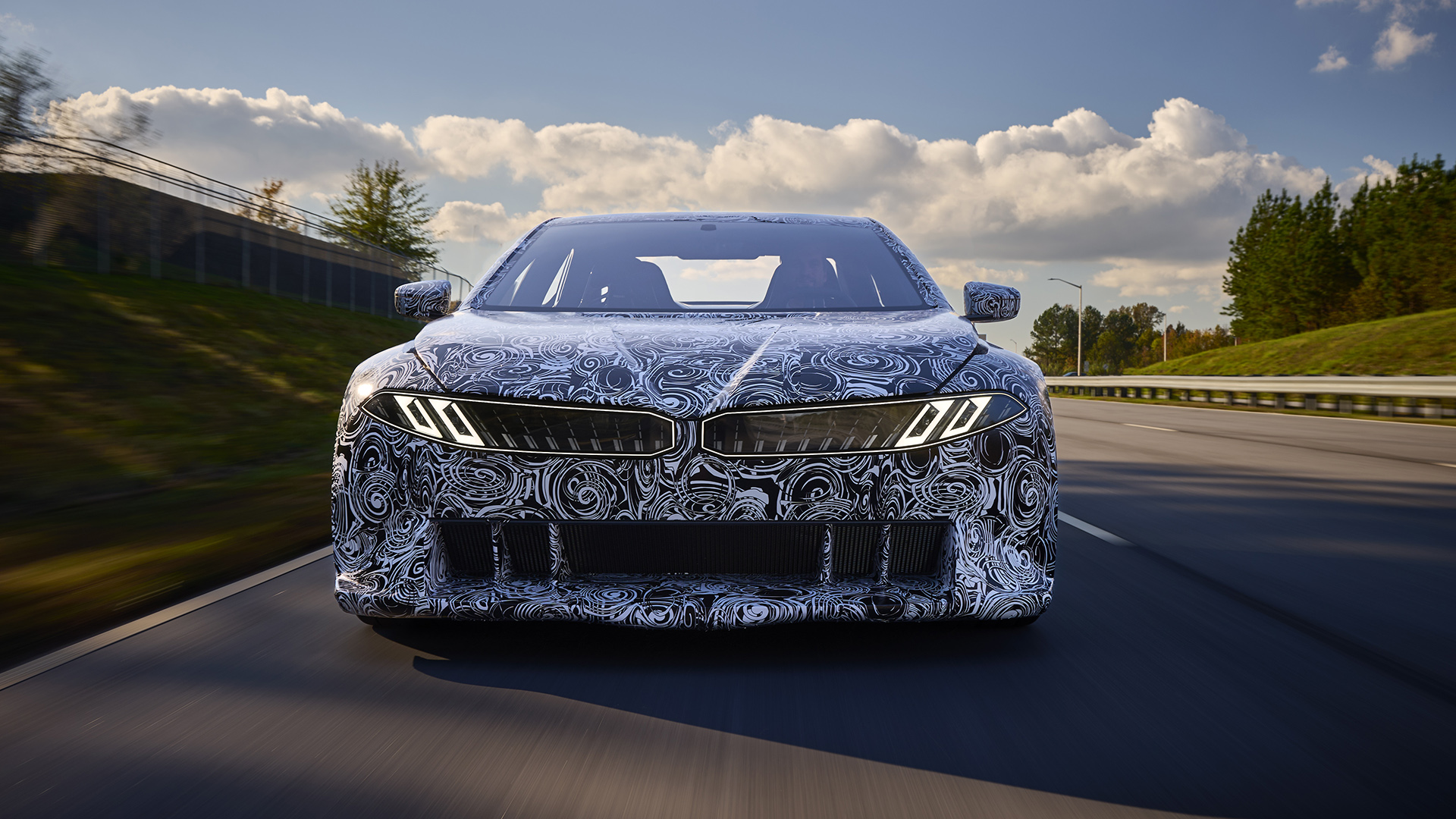 Forget Tesla, this is the most powerful EV I’ve tried by miles
Forget Tesla, this is the most powerful EV I’ve tried by milesThe BMW Vision Driving experience shows just how powerful EVs of the future could be
By Mat Gallagher